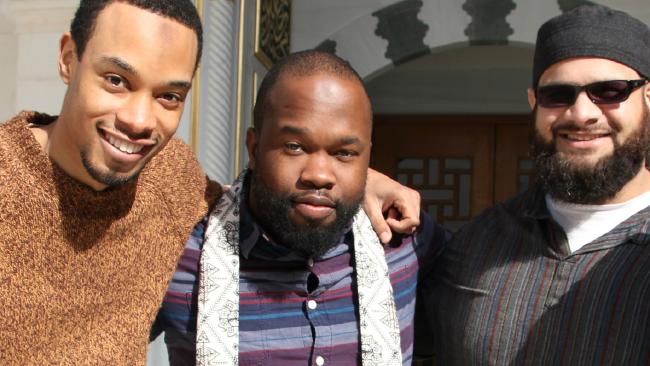SYDNEY – At a time of rising anti-Muslim sentiments, a faith-based homestay platform for Muslim travelers has attracted more than 3000 subscribers in the first month, offering an alternative to Airbnb where they often face discrimination.
“Muzbnb was born out of a desire to create something innovative to serve our community,” Muzbnb founder and chief executive Hadi Shakur told News.au on Wednesday, October 4.
“These are trying times for Muslims in the US and abroad and this company can serve as a beacon of light and hope that we [Muslims] are still here, still creating, still thinking about the sanctity of faith — not just ours, but faith in general.”
Founded by a group of US entrepreneurs based in Washington DC, Muzbnb’s goal is to give Muslim travelers an alternative to Airbnb, where they often face discrimination.
Muslims have often reported difficulties using sharing economy platforms like Airbnb.
In 2015, a traveler from Brunei sent a query to a Malaysian host, only to be told, “NO MUSLIM IN MY HOUSE”.
In a series of messages, the host told the man to “find a Muslim home, don’t disturb our homes” and that “people are afraid of you”.
While Airbnb’s official policy is that it does not tolerate discrimination of any kind, others have reported similar experiences.
Last year, Daily Life columnist Zeynab Gamieldien reported receiving eight consecutive rejections on Airbnb, while The Guardian’s Iman Amrani wrote of being rejected while attempting to book a room in Paris.
“We’ve heard stories from Muslims of discrimination and difficulty they have faced when travelling,” Shakur said.
“Our goal is simple — to encourage travel, adventure, and the building of a global community where Muslims feel comfortable and accepted while travelling.”

Halal Platform
Muzbnb is one of a number of businesses tapping into the booming “halal tourism” industry, fuelled by a growing middle-class with higher disposable incomes.
While Muzbnb is similar to Airbnb, it offers a number of unique features such as search filters highlighting homes that are close to mosques or halal eateries, have dedicated prayer spaces or are stocked with Korans or Islamic literature.
Travellers can also filter to see homes that are men and women exclusive, drug and alcohol free, safe for women travelling alone or child-friendly.
“Our feedback has been amazing,” Shakur said.
“We’ve received 3000 subscribers to our platform, worldwide news coverage, partnerships and numerous endorsements from community influencers.”